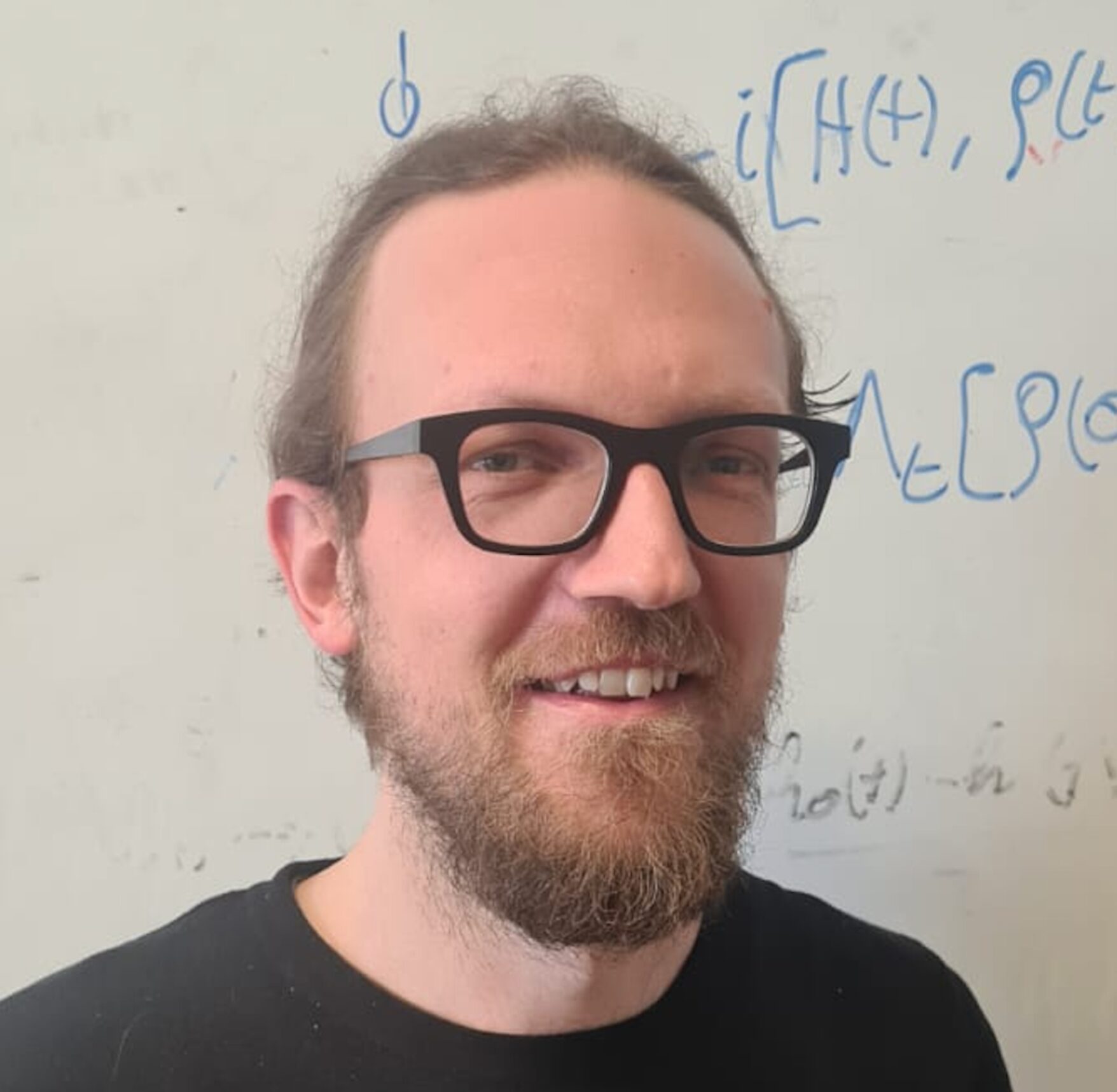Multi-time statistics in open quantum systems: fundamental meaning and general dynamical regimes
Abstract:
More than a century after the birth of quantum theory, the question of which properties and phenomena are fundamentally quantum – i.e., they cannot be reproduced by any classical theory — remains under active investigation. In this talk, I will discuss when and to what extent non-classicality can be unambiguously linked to specific features of the evolution of an open quantum system subjected to sequential measurements at different time points. In the first part of the talk, I will recall the general definition of multi-time correlators in open quantum systems, as well as the Kolmogorov consistency conditions that characterize classical stochastic processes, thus allowing us to discriminate quantum from classical multi-time statistics, in the same spirit as the Leggett-Garg inequalities. In the second part of the talk, I will review some recent results that connect such non-classicality to the dynamics of, respectively, quantum coherences of the open system or quantum correlations among the system and the environment, depending on the Markovian or non-Markovian nature of the process under investigation. The approach presented here is fully operational, since it relies on the observed multi-time probability distributions, and it thus directly applies to detect and quantify non-classicality in a variety of experimental platforms. Finally, I will briefly discuss how the multi-time correlators of an open quantum systems can be connected in a non-perturbative way to the global system-environment Hamiltonian, thus ensuring a comprehensive microscopic description.
About the speaker:
Andrea Smirne is Associate Professor in the Physics Department at the University of Milan. He obtained his PhD in Physics at the University of Milan in 2012 and he worked as a postdoctoral researcher at the University of Trieste from 2013 to 2014, and at the Institute for Theoretical Physics of the University of Ulm from 2015 to 2019. He was then appointed as an Assistant Professor at the University of Milan, where he is Associate Professor since 2022. His research interests are focused on the theoretical investigation of open quantum systems, ranging from foundational questions such as the identification of inherently nonclassical features and the characterization of non-Markovianity in the quantum realm, to the study of quantum metrology under noisy conditions and quantum thermodynamics in the strong coupling regime.
This year, the physics colloquium has a new format:
- Onsite at Campus Limpertsberg, where you will have the opportunity to meet the speaker over the lunch. A catering is offered only to registered participants at 12:00 in the main BSC hall. Please register before 19 April 2024.
- Online – through Webex – to allow you to listen to the talk in case you are travelling or cannot make it on-site at Campus Limpertsberg. Meeting number (access code):27303161269. Meeting password: 79RxeEWjwF4.
